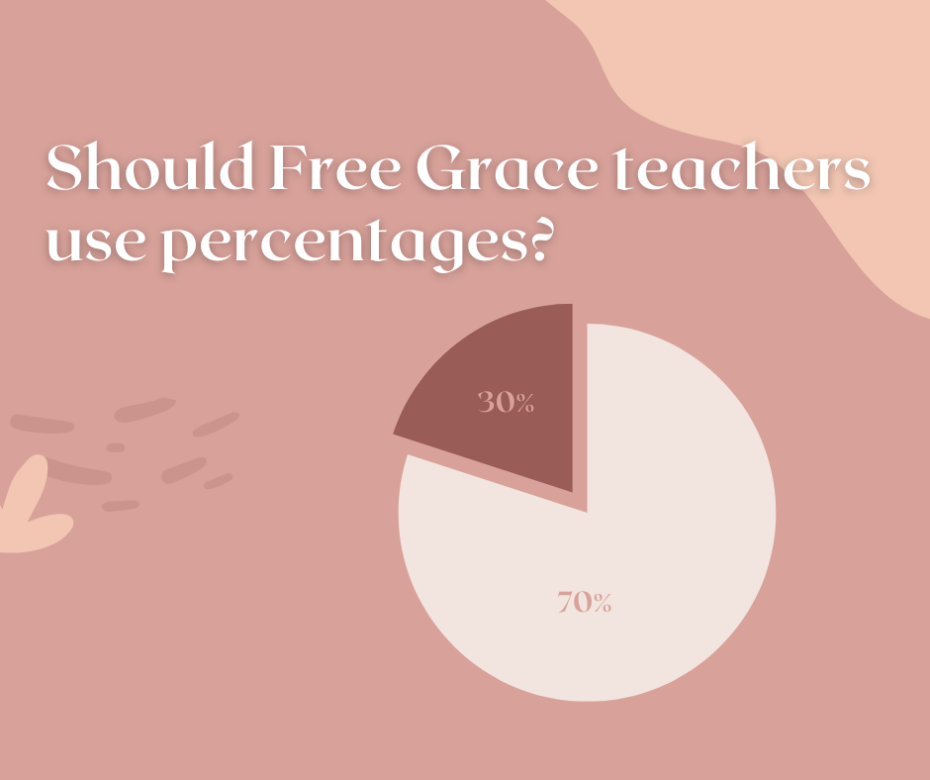Assurance of salvation is the cornerstone of Free Grace theology. Because GES and Focused Free Grace proponents strive to reflect the teachings of the NT, we teach that at the moment of faith, the believer has eternal life–life that can never be lost. At the moment a person believes in Jesus for the gift of eternal life, that believer is assured that he has it.
That has been our primary message. Eternal life is eternal, and the assurance of eternal life is of the essence of saving faith. In short, if you have never believed that you have eternal life that can never be lost, then you have never believed the saving message. In his discussion of John 11, Zane Hodges comments:
Notice closely, Jesus says, “Do you believe this?” and Martha says: “I believe that You are the Christ.” To believe what Jesus just stated about Himself is to believe that He is the Christ. Thus, to believe that Jesus is the Christ is to believe that He guarantees resurrection and eternal life to everyone who believes Him to be the Christ. The Christ is the Guarantor of these things to every believer. To deny that He does this for every believer, or to doubt that He does it, is not to believe what Martha believed. To deny or doubt this, is not to believe what John wants his readership to believe. If I believe it, I know that I have eternal life (Hodges, Absolutely Free, p. 225).
As Hodges rightly states: If a person believes in Jesus as the One who gives them eternal life, then they know that they have eternal life. In contrast to the way many modern-day theologians define belief, Hodges and Focused Free Grace teach that belief is a binary concept. You either have believed or you haven’t. Belief is being convinced that something is true. As Robert Ripley of Ripley’s Believe It Not famously said, “You either believe it or not.”
However, in an attempt to clarify this point, many speak of having “100% assurance.” While this wording might seem helpful to some, there’s a problem with describing assurance in this way. Expressing assurance in terms of percentages causes many to think they need to achieve a certain “amount” of assurance. Some even use the term perfect assurance as if it were a grade on a test. By using percentages, some unintentionally imply that belief is on a spectrum. It should be noted that GES and those within the Focused Free Grace movement do not believe that belief is in degrees. In fact, that is the antithesis of what we have sought to clarify. Talking about assurance in terms of percentages causes many to become introspective regarding their assurance, asking themselves, “Did I only believe 99%?” The result is doubt, the exact opposite of what we aim to achieve.
Instead, assurance should be understood as an either/or concept. In this writer’s opinion, one of Free Grace theology’s greatest strengths is its desire to be precise regarding how the Scriptures are used, especially when discussing the saving message. Therefore, let us drop the unbiblical verbiage of percentages and instead reflect the words of the Lord as He asked Martha, “Do you believe this?”

